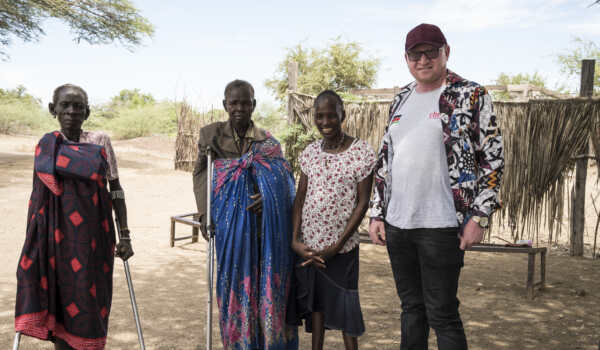Promoting community inclusion through OPD-led initiatives

In 2024, our community-level work continued to lay the foundation for disability inclusion through programmes and advocacy. We made progress across countries by working alongside the disability movement to tackle discrimination and improve access to assistive technology, support services, and inclusive infrastructure.
Empowering Organisations of Persons with Disabilities (OPDs) remained central to this approach. We saw increasing participation from underrepresented groups, including deaf people and women with disabilities in rural areas.
In Indonesia, a pioneering initiative focused on deaf inclusion. District Deaf Communities led sign language training for deaf individuals with limited fluency and promoted awareness among families and communities to improve communication and inclusion.
OPDs in Nepal partnered with external service providers to advocate for and facilitate access to essential assistive devices. These efforts significantly improved mobility, participation, and independence for people with disabilities.
In Nigeria, a bottom-up, community-driven approach strengthened inclusive dialogues around sexual and reproductive health (SRH). These discussions—bringing together traditional, religious, youth, and women leaders alongside people with disabilities—have improved SRH services for women and girls, especially those with disabilities.
OPDs also played key roles in awareness-raising and advocacy. In Nepal, they led efforts to inform people with disabilities about their rights and access to social protection, while engaging local governments in disability-inclusive planning. In Kenya, 11 OPDs led project implementation. Their representatives noted the value of consistent and authentic engagement, which has helped build confidence, partnerships, and leadership capacity across the movement.
“We were used to supporting the implementation of already existing projects, but the opportunity to lead our own initiative has taught us how to build relationships with other stakeholders, maintain records, and, most importantly, believe in ourselves.” – Chairperson of Madongoni Disabled Group, Ukunda, Kwale County, Kenya
